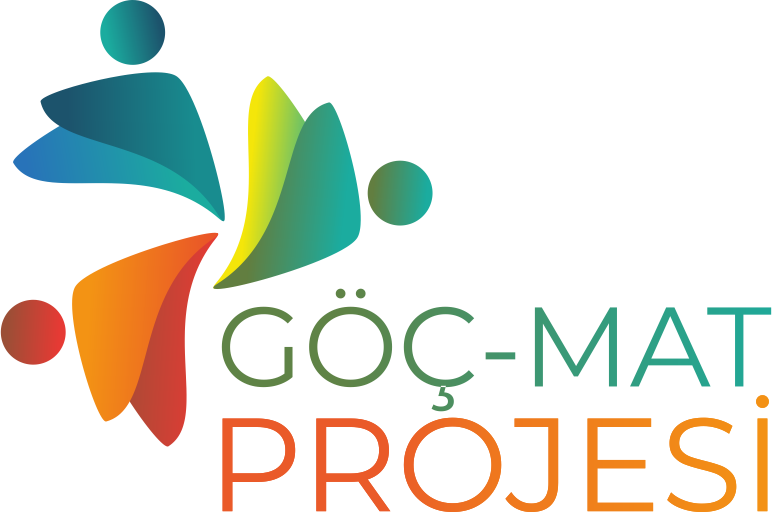MIGRA-MATH Project
Every single day, the number of teachers having students with refugee and immigrant statusin their classrooms increases in Turkey. In addition to students from various countries like Afghanistan, Iran, Iraq, Ukraine, Russia, and Turkmenistan who study in the schools affiliated to Ministry of National Education about one million Syrian children in number were engaged in the education system in the schools affiliated to the ministry during the 2014-2015 school year. The number of students with refugee and immigrant status participating in formal education is expected to increase rapidly and supportive steps are taken to ensure that the children are enrolled in public schools. This situation draws our attention to the current conditions of education for children in public schools and the readiness of their teachers as discussed in the most recent reports of national and international organizations (Istanbul Bilgi University, Child Studies Unit, 2015; Human Rights Watch, 2015; UNICEF, 2015). In this sense, the creation of professional support mechanisms for teachers working with children with refugee and immigrant status is important to support teachers and to improve the education of all students in multicultural classrooms (Souto-Manning, 2013).
Supporting Teachers Working With Refugee and Immigrant Children in Mathematics Education, MIGRA-MATH Project (215K478) The main purpose of this project, which is supported by Scientific and Technological Research Council of Turkey (TÜBİTAK), is to support teachers of kindergarten,1st, 2nd, 3rd and 4th grades who have students with refugee and immigrant status in their classrooms in terms of mathematics education by providing them with resources within the framework of school-family-society collaboration that can be adapted to various disciplines, and to develop an education model together with curriculum materials, that can be used by teachers who work with children and families with refugee and immigrant status in Turkey. This education model was developed in cooperation with a group of 60 teachers in five different cities (Gaziantep, Hatay, Sanliurfa, Ankara and Istanbul).
References:
Birleşmiş Milletler Çocuklara Yardım Fonu [UNICEF] (2015).“Türkiye’deki Suriyeli Çocuklar Bilgi Notu-Eylül 2015”, http://unicef.org.tr/files/bilgimerkezi/doc/Türkiyedeki%20Suriyeli%20Çocuklar_Bilgi%20Notu%20Eylül%202015.Pdf.Son erişim tarihi:26 Kasım 2015.
İstanbul Bilgi Üniversitesi Çocuk Çalışmaları Birimi (2015). “Suriyeli Mülteci Çocukların Türkiye Devlet Okullarındaki Durumu Politika ve Uygulama Önerileri”. http://www.cocukcalismalari.org/wp-content/uploads/2015/09/Suriyeli-Cocuklar-Egitim-Sistemi-Politika-Notu.pdf, Son erişim tarihi: 26 Kasım 2015.
İnsan Hakları İzleme Örgütü (2015). “Geleceğimi hayal etmeye çalıştığımda hiçbir şey göremiyorum”Türkiye’deki Suriyeli mülteci çocukların eğitime erişiminin önündeki engeller – Kayıp nesil olmalarını önlemek. Amerika Birleşik Devletleri: Human Rights Watch.
Souto-Manning, M. (2013).“Multicultural teaching in the early childhood classroom: Approaches, strategies and tools preschool – 2nd grade”. Teachers College Press, NY: New York.



